Unit 5: Calendar 2023-2025
Related Articles: Unit 5: Calendar 2023-2025
- Printable Calendar 2025 UK: A Comprehensive Guide
- 2025 Ecuadorian Liga Pro Calendar: A Comprehensive Guide
- September 2025 Calendar With Holidays
- Cheap 2025 Calendar Planner: A Comprehensive Guide To Finding The Best Options
- Excel Calendar Template For 2025: A Comprehensive Guide
Introduction
In this auspicious occasion, we are delighted to delve into the intriguing topic related to Unit 5: Calendar 2023-2025. Let’s weave interesting information and offer fresh perspectives to the readers.
Table of Content
Video about Unit 5: Calendar 2023-2025
Unit 5: Calendar 2023-2025
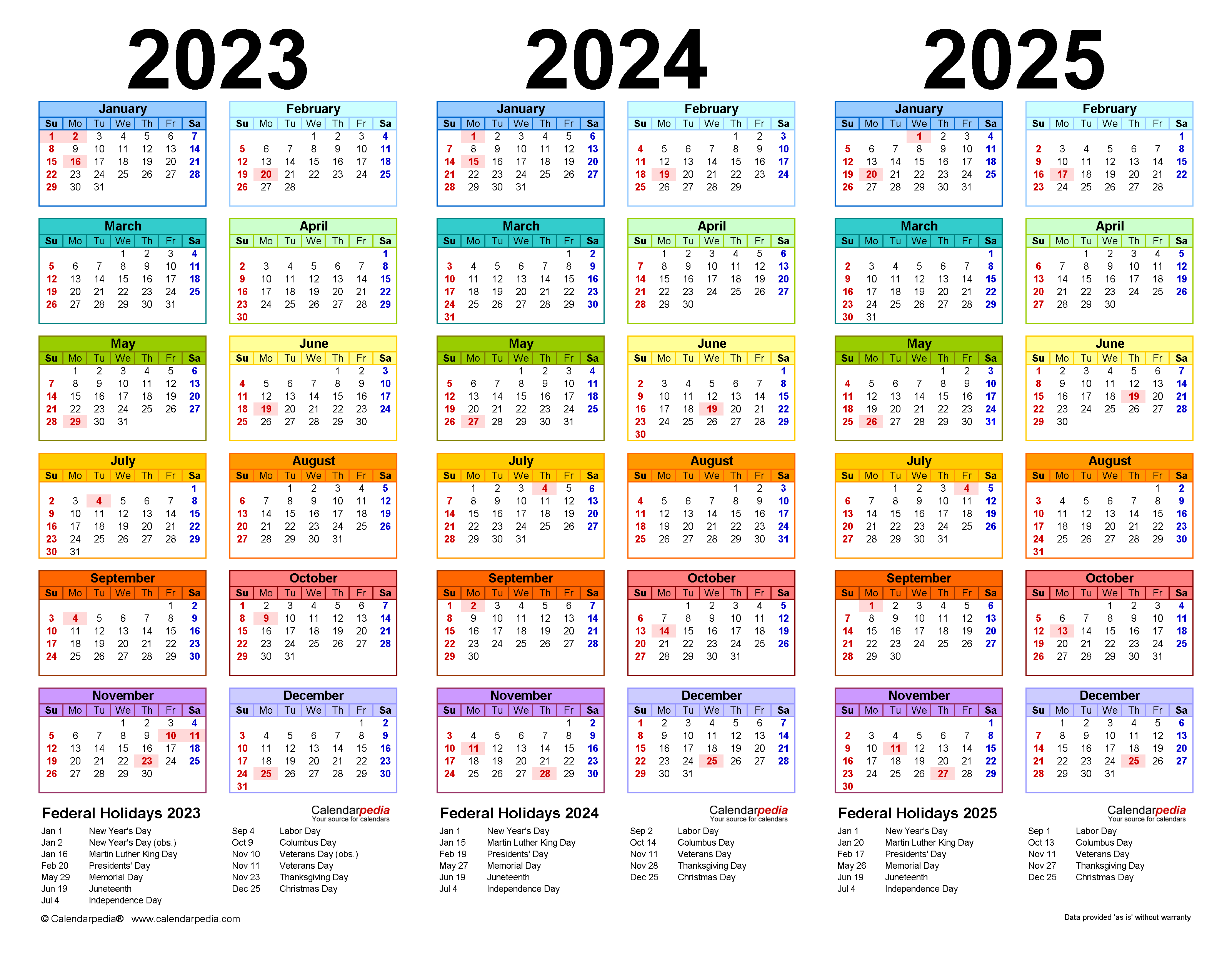
Introduction
Time is an essential aspect of our lives, and keeping track of it is crucial for effective planning and organization. A calendar is a tool that helps us visualize and manage time by providing a structured framework for recording and scheduling events, appointments, and tasks. Unit 5 of the 2023-2025 curriculum focuses on developing students’ understanding of calendars and their application in daily life.
Objectives
Upon completion of Unit 5, students will be able to:
- Identify and describe the different types of calendars used around the world
- Understand the structure and organization of calendars
- Use calendars to record and schedule events, appointments, and tasks
- Apply calendar skills in real-life situations
Content
1. Types of Calendars
Calendars come in various forms, each designed to meet specific needs and cultural practices. Unit 5 introduces students to the following types of calendars:
- Solar calendars: Based on the Earth’s revolution around the sun, solar calendars divide the year into 12 months, each with approximately 30 or 31 days. The Gregorian calendar, widely used today, is an example of a solar calendar.
- Lunar calendars: Based on the phases of the moon, lunar calendars consist of 12 or 13 months, each lasting approximately 29.5 days. Islamic and Chinese calendars are examples of lunar calendars.
- Lunisolar calendars: A combination of solar and lunar calendars, lunisolar calendars adjust the number of days in months to align with both the sun’s and moon’s cycles. The Hebrew calendar is a prominent example of a lunisolar calendar.
2. Structure and Organization of Calendars
Calendars typically consist of a grid-like structure, with rows representing months and columns representing days of the week. Each day is designated with a number or abbreviation, and holidays or special events may be marked with different colors or symbols.
3. Using Calendars
Unit 5 emphasizes the practical application of calendars in everyday life. Students learn how to:
- Record events: Write down important appointments, deadlines, and reminders in the appropriate day and time slots.
- Schedule tasks: Plan and allocate time for specific tasks, such as homework, chores, or leisure activities.
- Manage time: Use calendars to visualize time constraints and identify potential conflicts or gaps in their schedules.
4. Real-Life Applications
Students are encouraged to apply their calendar skills in various real-life situations, such as:
- Planning a project: Creating a calendar to track milestones, deadlines, and resources needed for a project.
- Organizing a schedule: Developing a weekly or monthly schedule that balances school, extracurricular activities, and personal commitments.
- Tracking appointments: Keeping a digital or physical calendar to manage appointments, reminders, and important dates.
Assessment
Students’ understanding of calendars is assessed through a combination of formative and summative assessments. Formative assessments include:
- Class discussions and observations
- Quizzes on calendar types and structure
- Practice exercises in using calendars
Summative assessments include:
- Projects or presentations on calendar applications in real-life situations
- Exams covering the content and skills taught in the unit
Conclusion
Unit 5: Calendar 2023-2025 equips students with essential calendar skills that are vital for time management, organization, and planning. By understanding the different types of calendars, their structure, and practical applications, students develop a solid foundation for effectively navigating time in their daily lives.
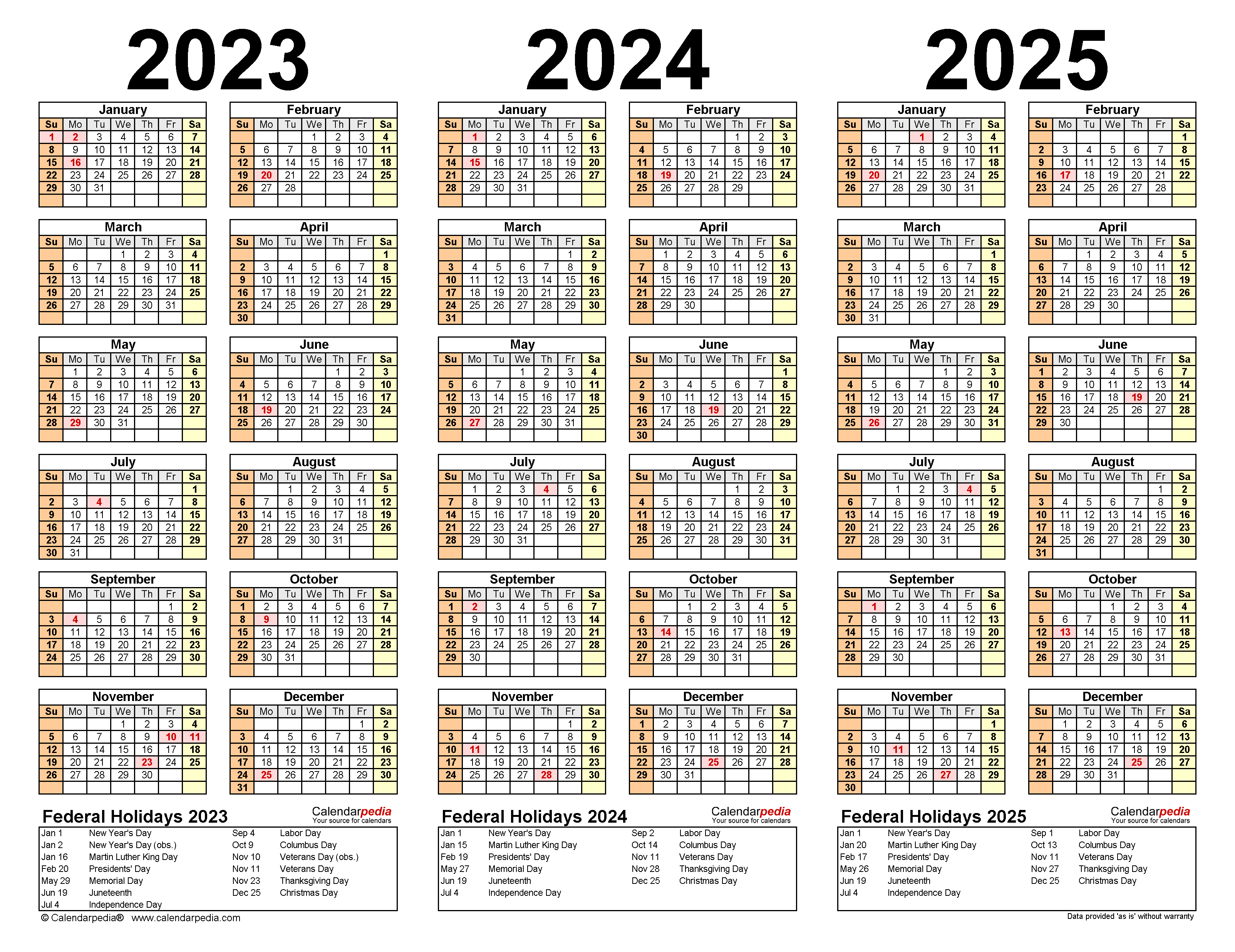

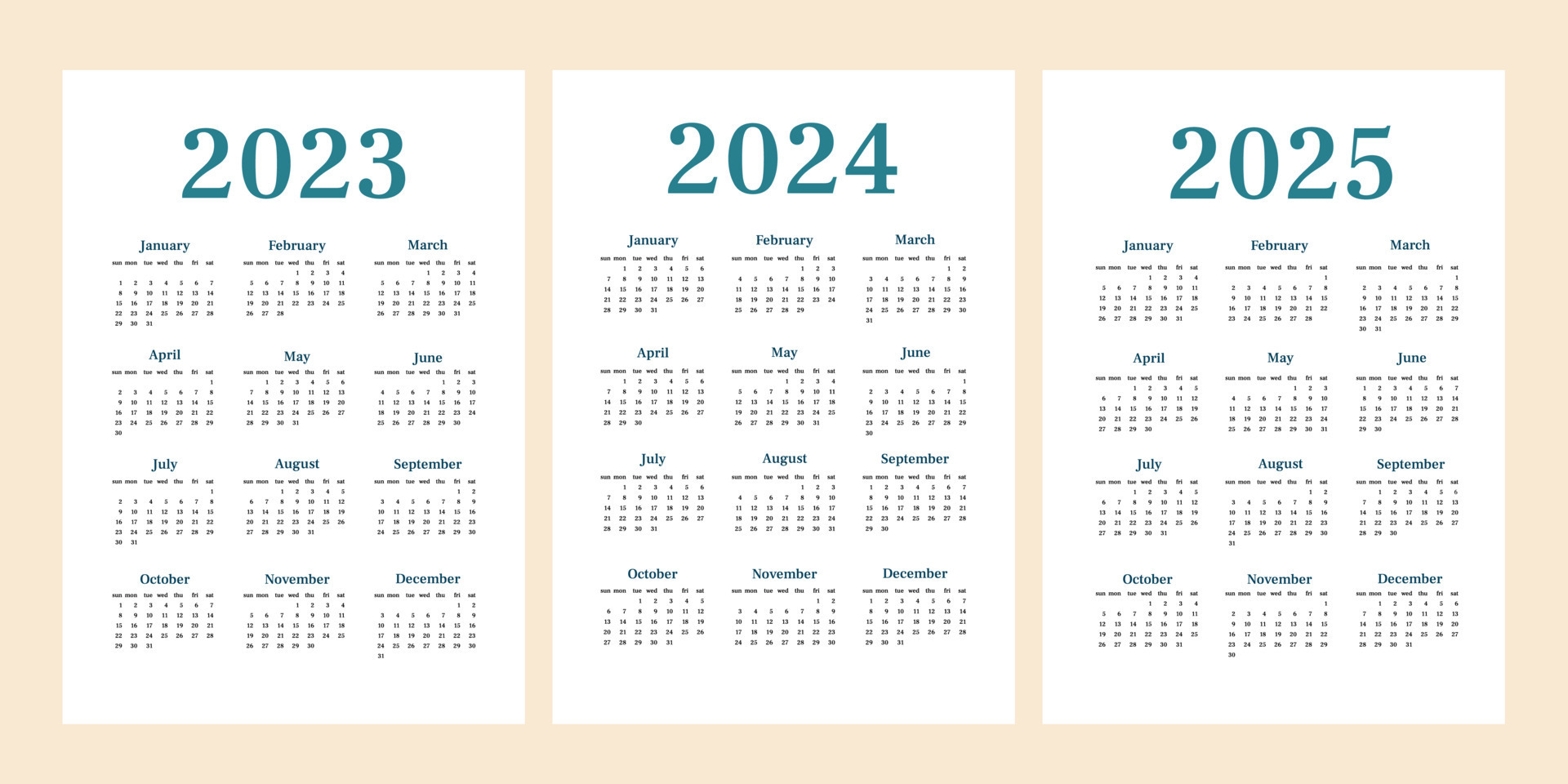

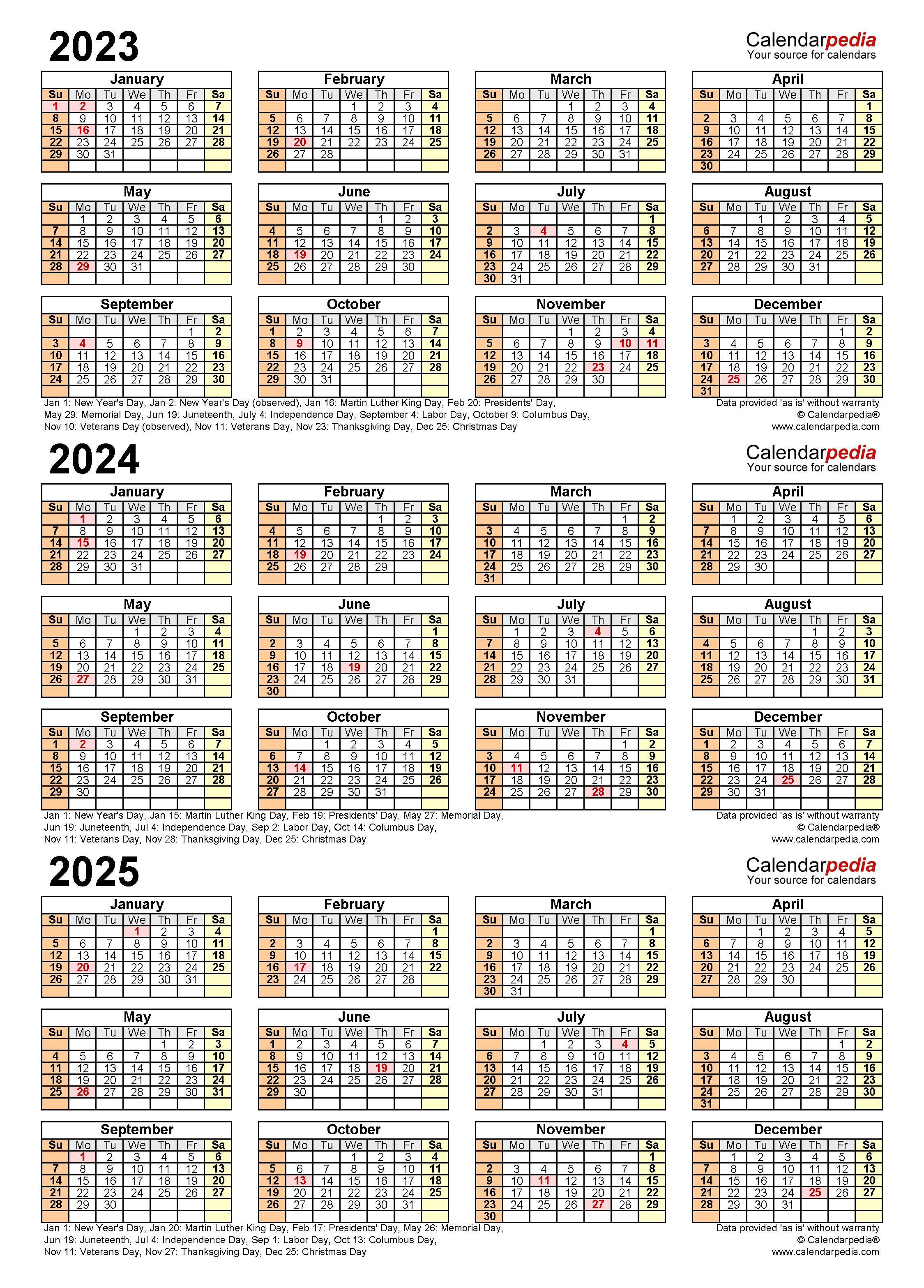

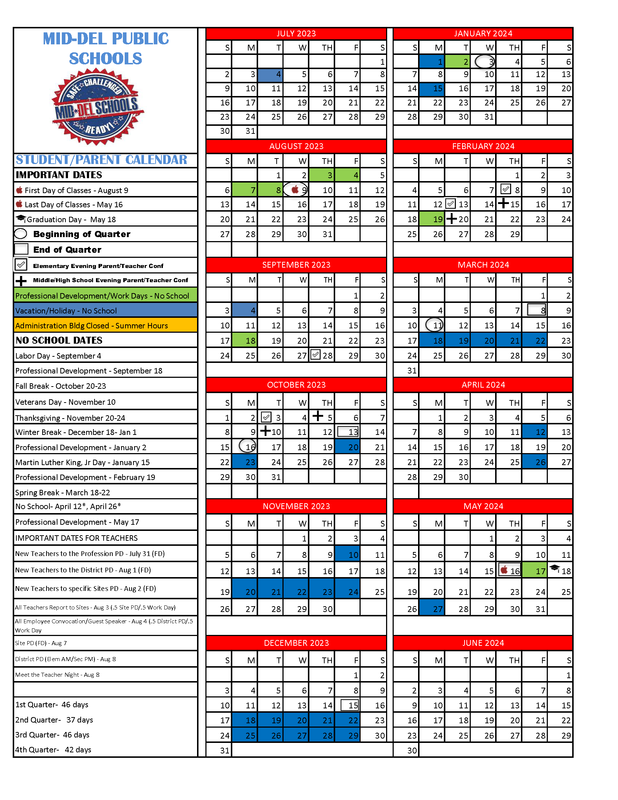
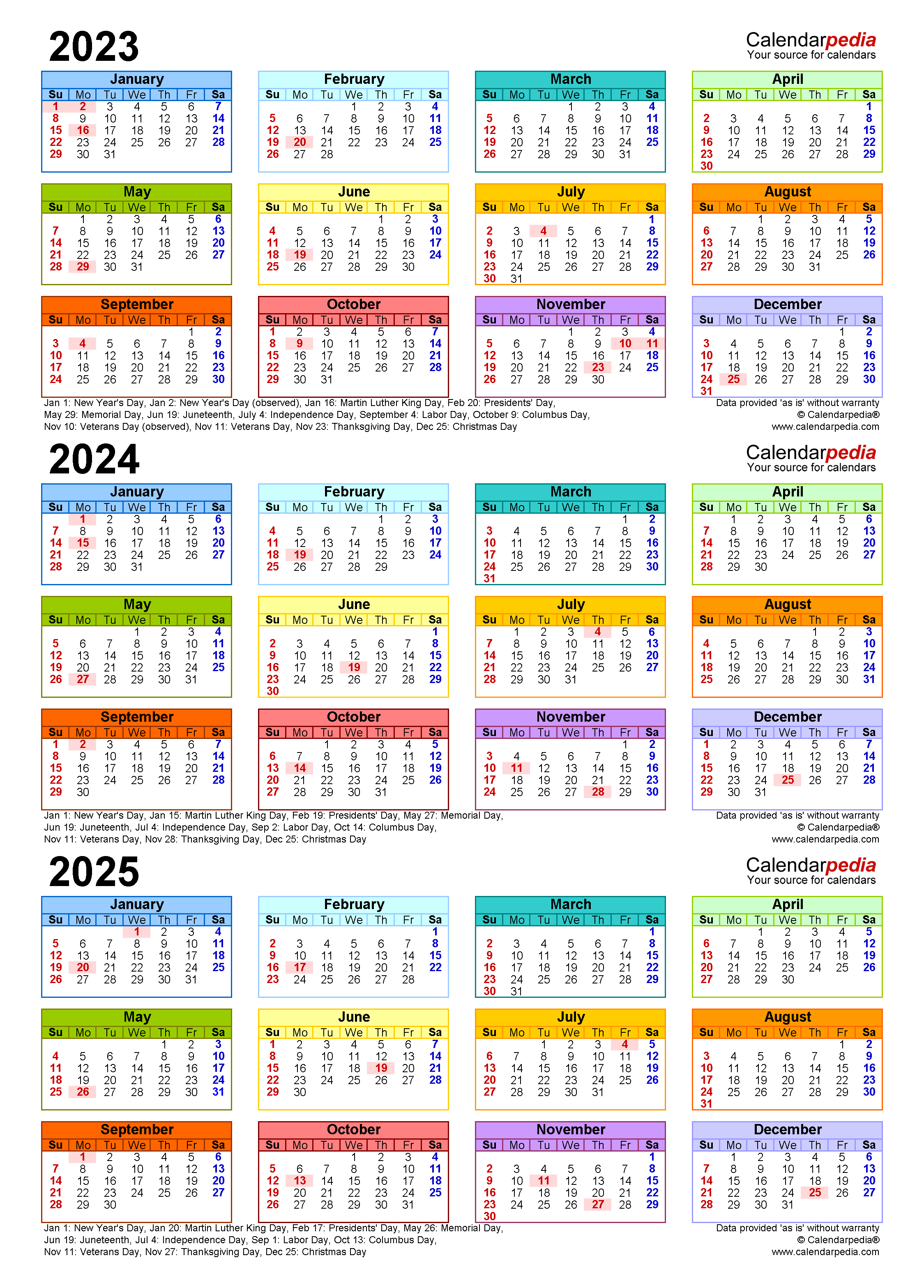
Closure
Thus, we hope this article has provided valuable insights into Unit 5: Calendar 2023-2025. We thank you for taking the time to read this article. See you in our next article!